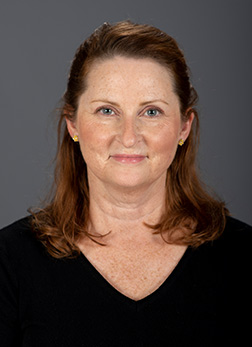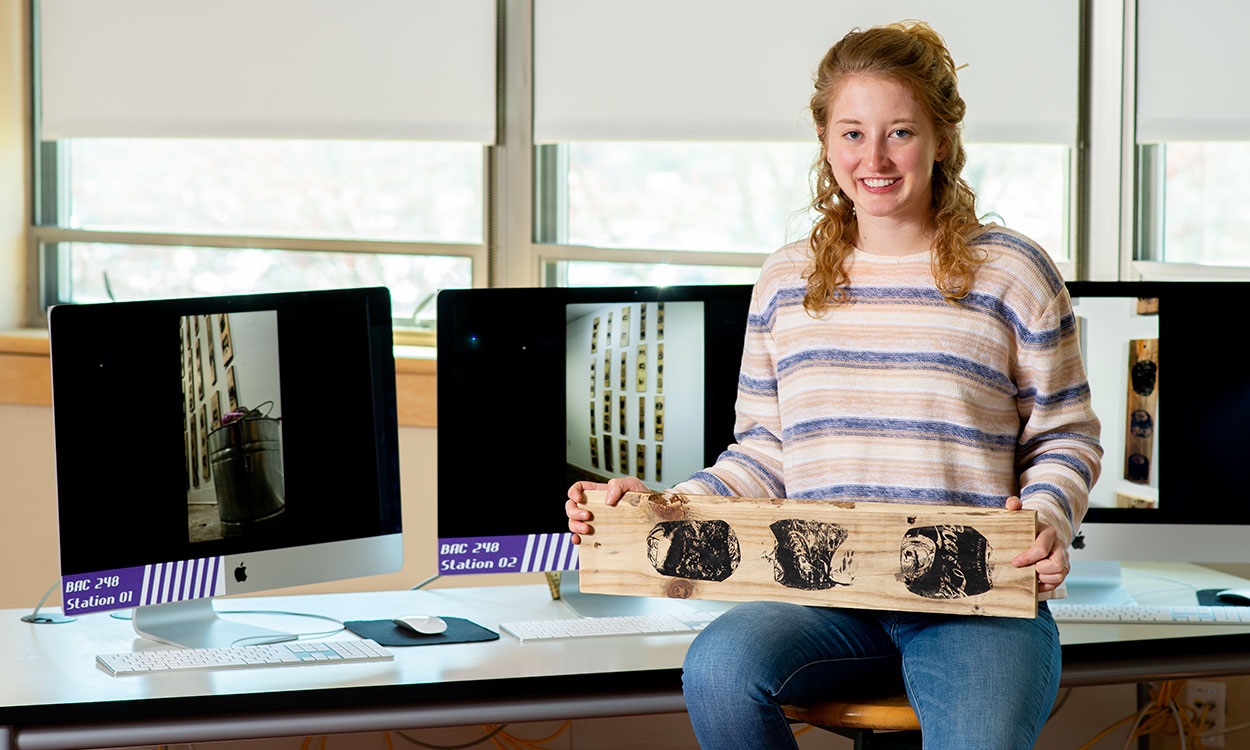Expert Commentary: Kae Livsey
More Than Medicine Is Needed to Address the Opioid Epidemic

In the U.S., there is a common perception that there is a pill to fix everything. We are flooded with advertisements promoting pharmacological management for all kinds of conditions. There are even drugs that have been developed to counteract the side effects of other drugs, such as a pill to counteract constipation resulting from use of legally prescribed opioids. Substance use disorders may result from legally prescribed opiates, or from when people resort to opioid-based drugs as a way to self-medicate for chronic pain or mental illness that may be undiagnosed, or untreated, due to lack of access to treatment and support.
Thankfully, the health care system is slowly beginning to adopt the perspective that public health professionals have had for years—for example, recognizing the social determinants that contribute to a person’s health and ability to thrive. These underlying factors beyond individual behavior that influence one’s ability to be healthy are gaining more attention in the traditional health care arena, along with efforts to provide team-based approaches to health care delivery.
These are promising developments that can support patient- and family-centered care. However, we have a shortage of health care professionals in our rural areas, especially affecting access to primary care services, including medication-assisted therapy to support individuals and families who are struggling with substance-use disorders and chronic pain.
Unfortunately, the medical model that predominates in the U.S. health care system will not be able to tackle these problems alone. For us to better meet these needs, all members of the team need to be able to work at their full (and appropriate) scope of practice. And a new mix of team members is also warranted, especially in primary-care settings.
The profession of nursing is the most broadly educationally prepared group of health care professionals that can contribute a holistic perspective to address the complex needs of individuals, families and communities working to overcome this current crisis. For this to happen, the general public, medical providers and policymakers need to acknowledge that there are other ways to support health and wellness beyond traditional medical treatments. Medical providers, in particular, need to do a better job understanding what other health care professionals can bring to the table.
I have been in many health care settings where medical providers refer to medical assistants as “nurses,” which besides being a protected title reserved for individuals who hold licensure as a nurse, also reflects a lack of understanding of the different training, focus and capabilities that nurses (whether LPNs or RNs) can contribute.
Nursing interventions, such as therapeutic presence, distraction techniques and imagery to assist with pain management, are effective ways to support clients. For example, providers are using virtual reality to support chronic-pain management in our region, and the technology is undergoing clinical trials across the country. This and other nursing interventions to support clients with chronic pain and addiction are within the scope of practice of registered nurses (RNs) and do not require a doctor’s order—nor should they. Services that are valued in our health care system are deemed to be reimbursable. And nursing interventions are essentially never recognized by our health care system.
The multidimensional approach nurses use to assess client needs, clinical reasoning skills and use of evidence-based interventions also make them well-prepared for leading care management efforts for individuals with chronic diseases and substance-use disorders. Care management will become increasingly important as North Carolina moves to a new model of reimbursement within the state Medicaid system.
RNs—the health professionals who are most trusted and have the broadest educational preparation—need to be fully recognized along with other members of health care teams to address the holistic needs of clients, families and communities to help combat the opioid crisis and address other health care needs in our region.

About the Author
Kae Livsey is an associate professor in the School of Nursing at Western Carolina University.
Her research and teaching focus areas include advancing the practice of baccalaureate prepared registered nurses in community-based settings and use of high impact learning practices to promote student learning about issues of healthcare access, emerging roles for nurses, and social justice.
In partnership with the Jackson County Community Foundation’s opioid and addiction awareness campaign, WCU’s Center for the Study of Free Enterprise is hosting a town hall focused on the opioid addiction crisis Thursday, Oct. 3.

